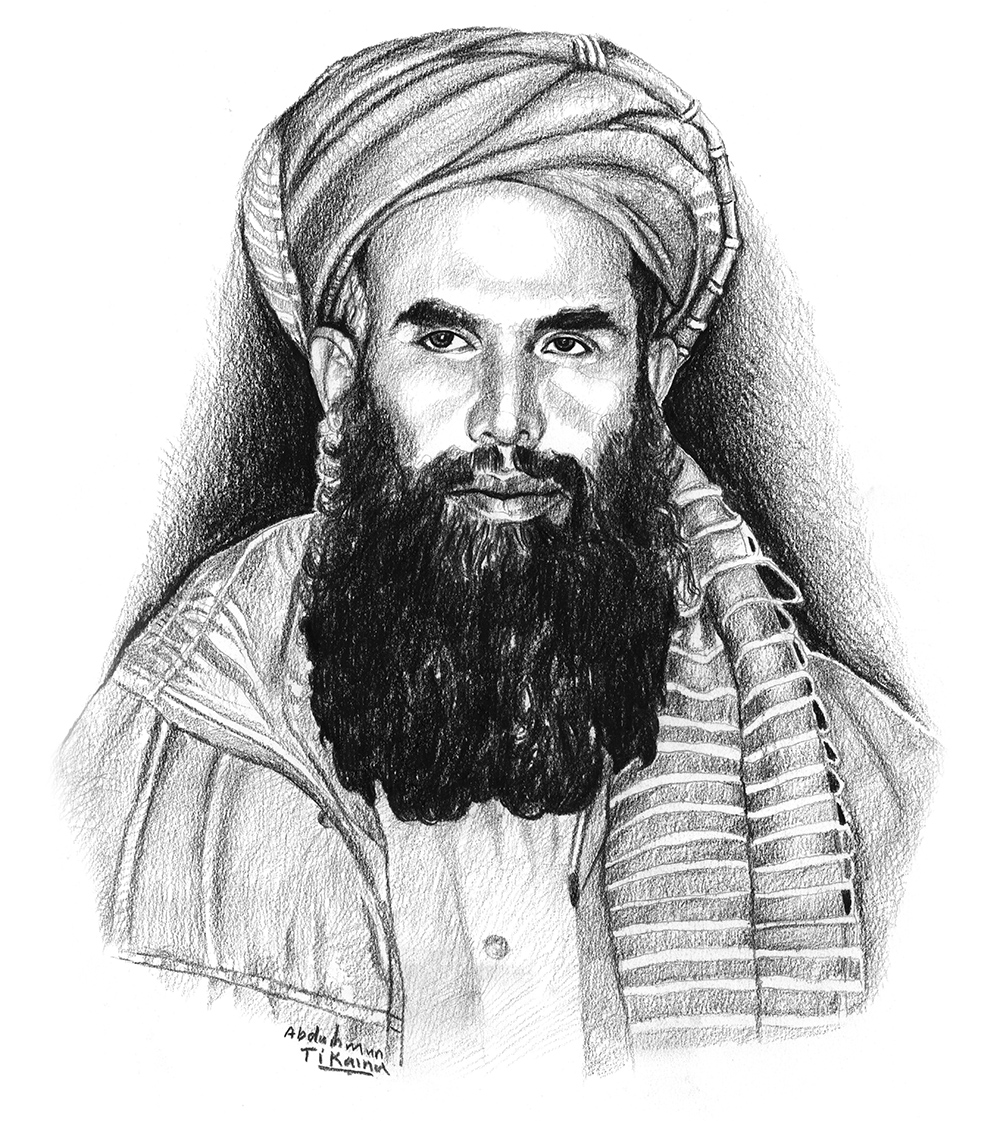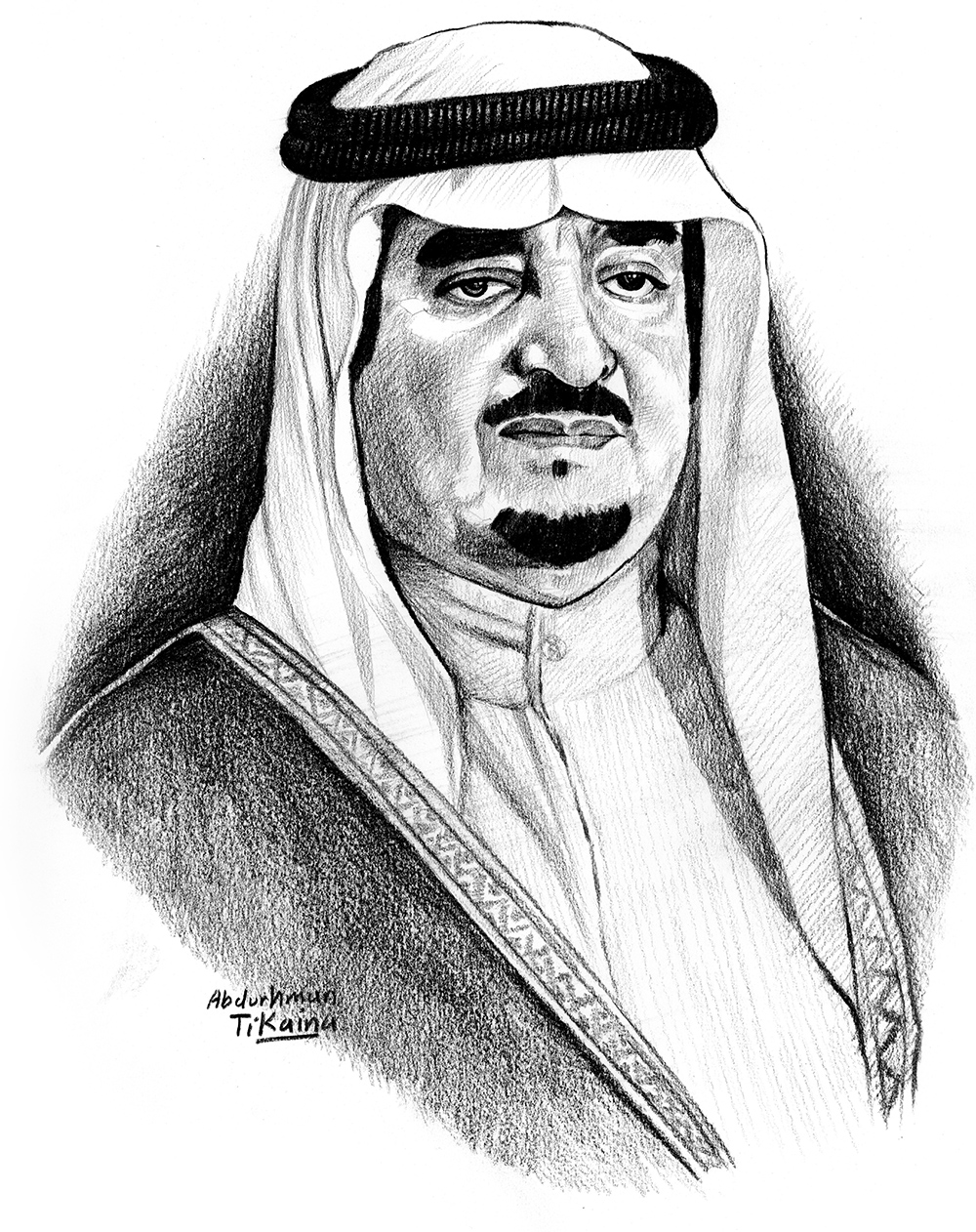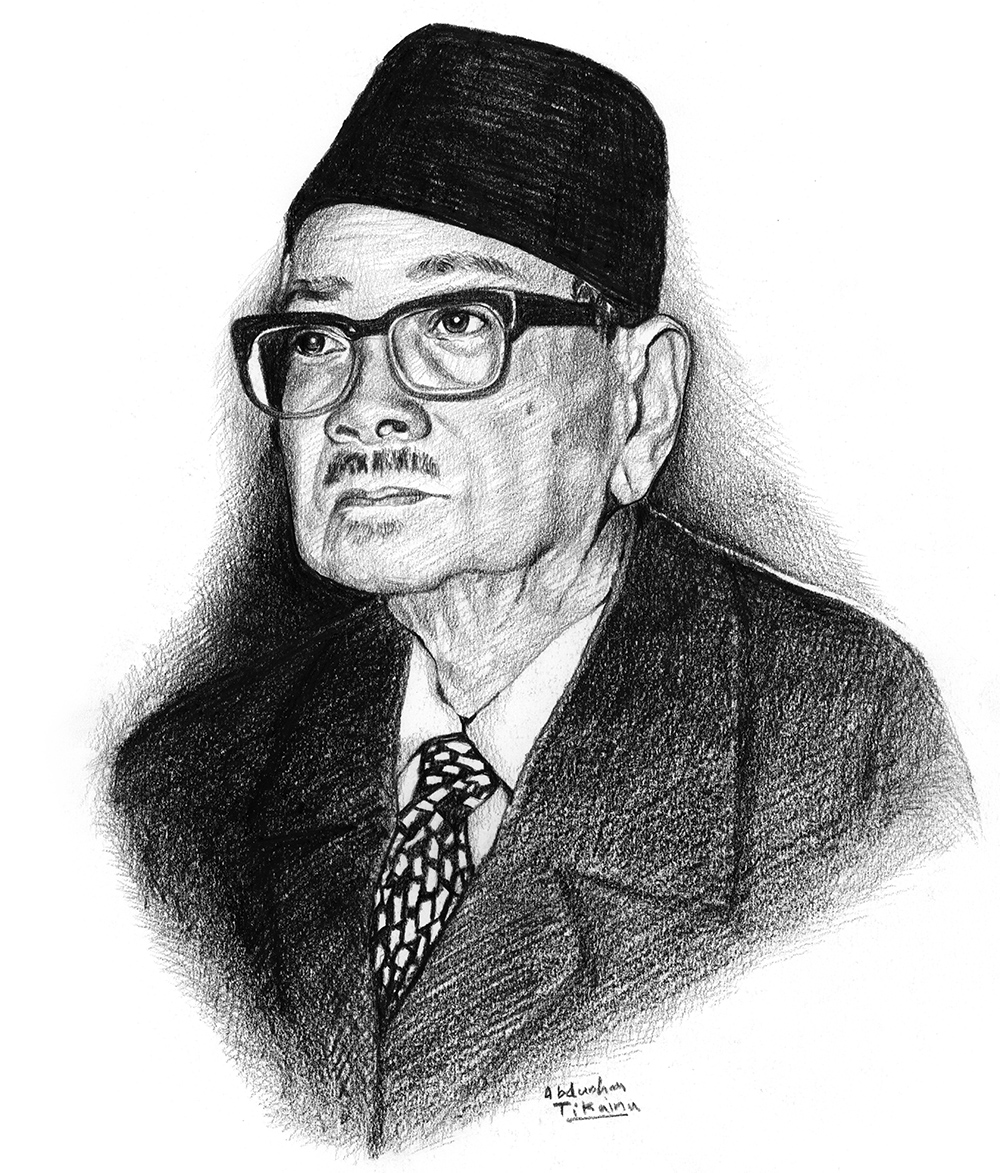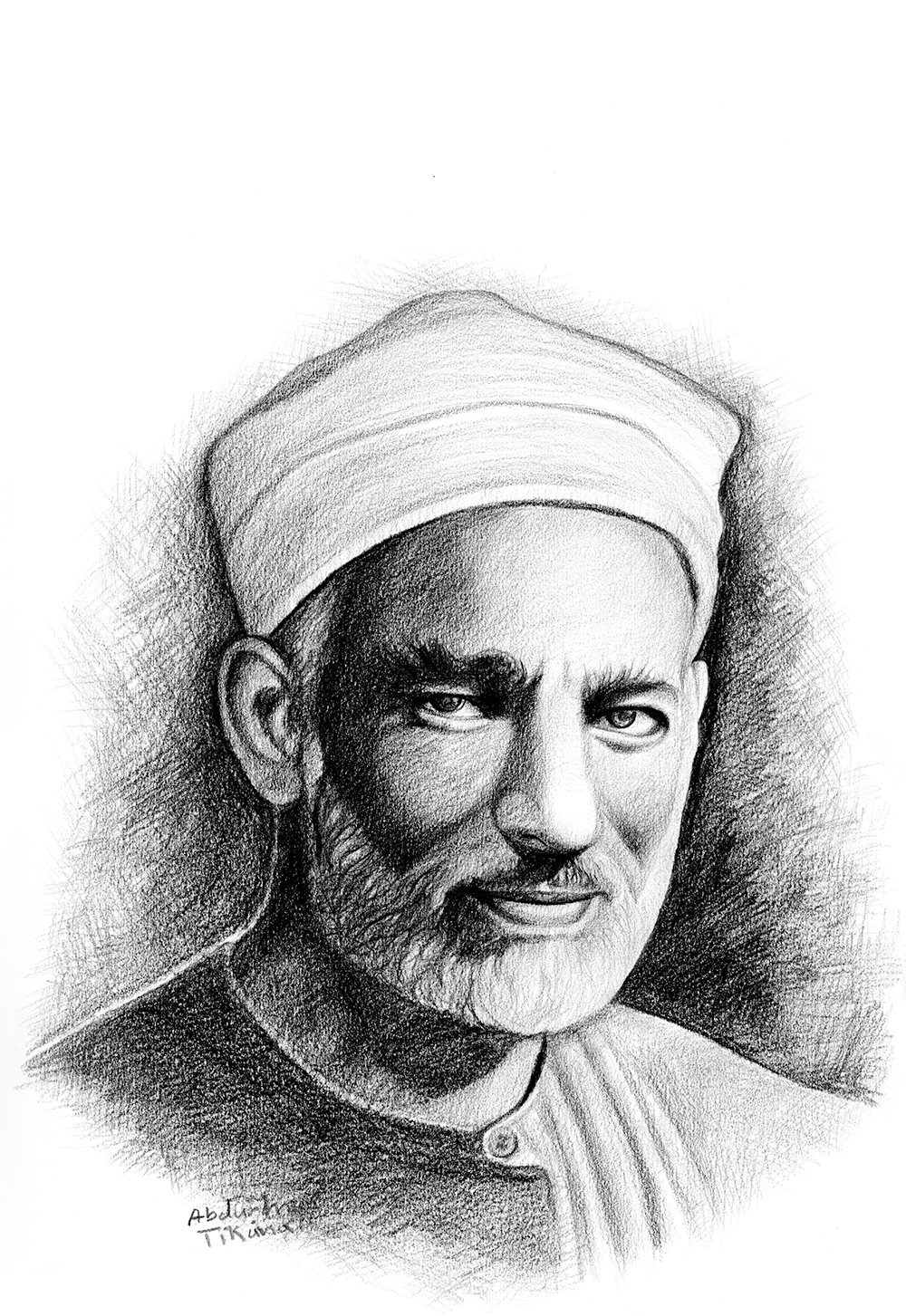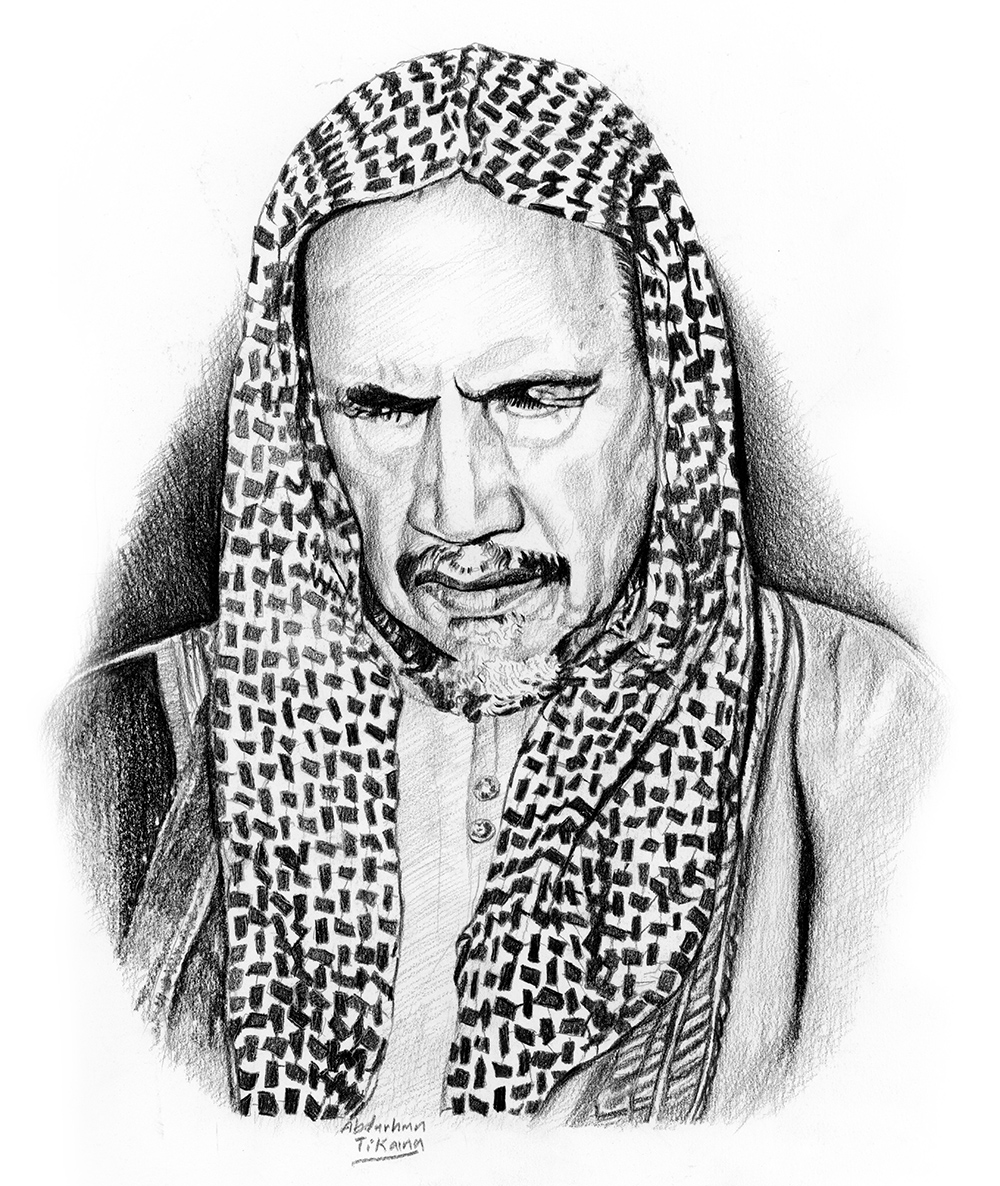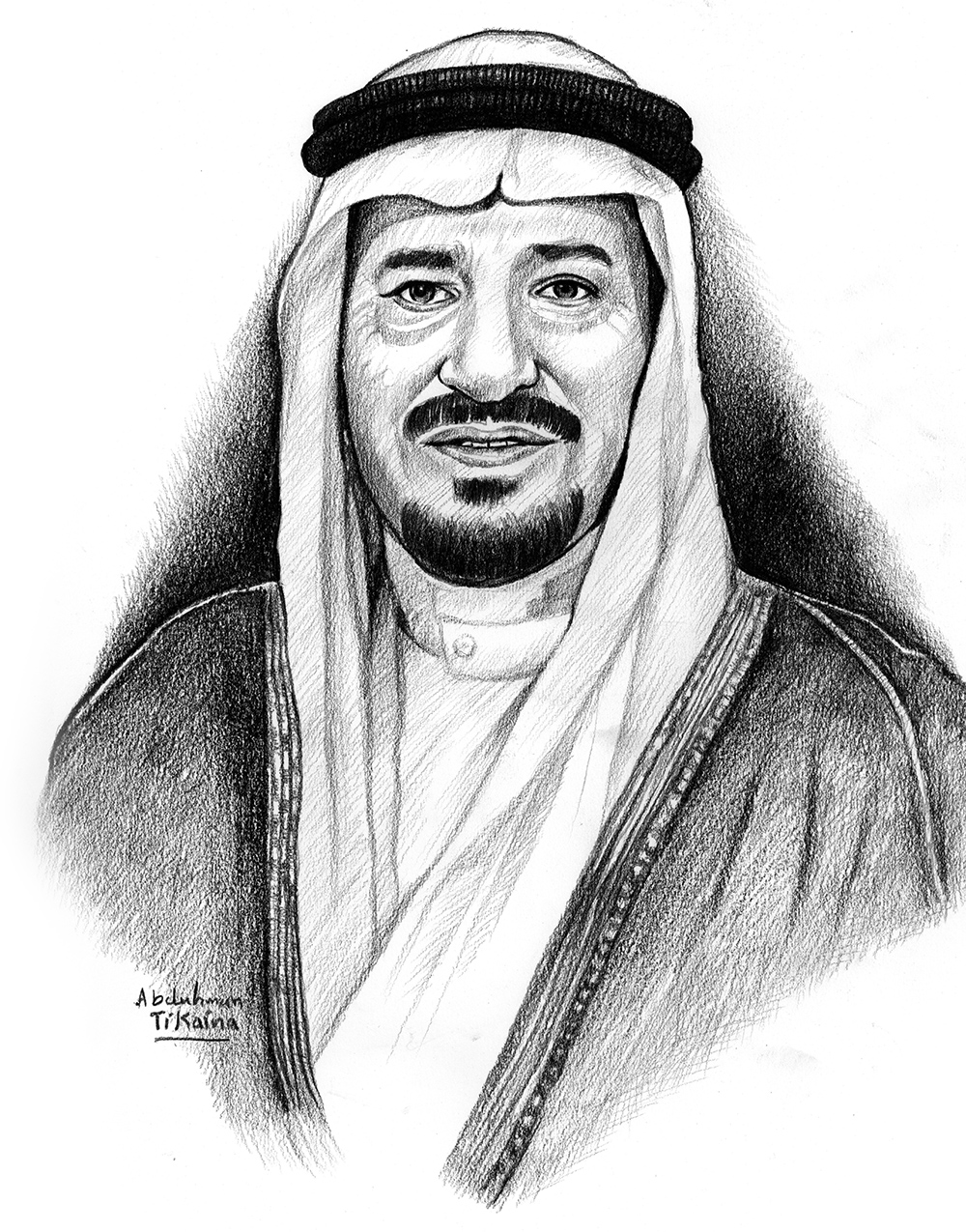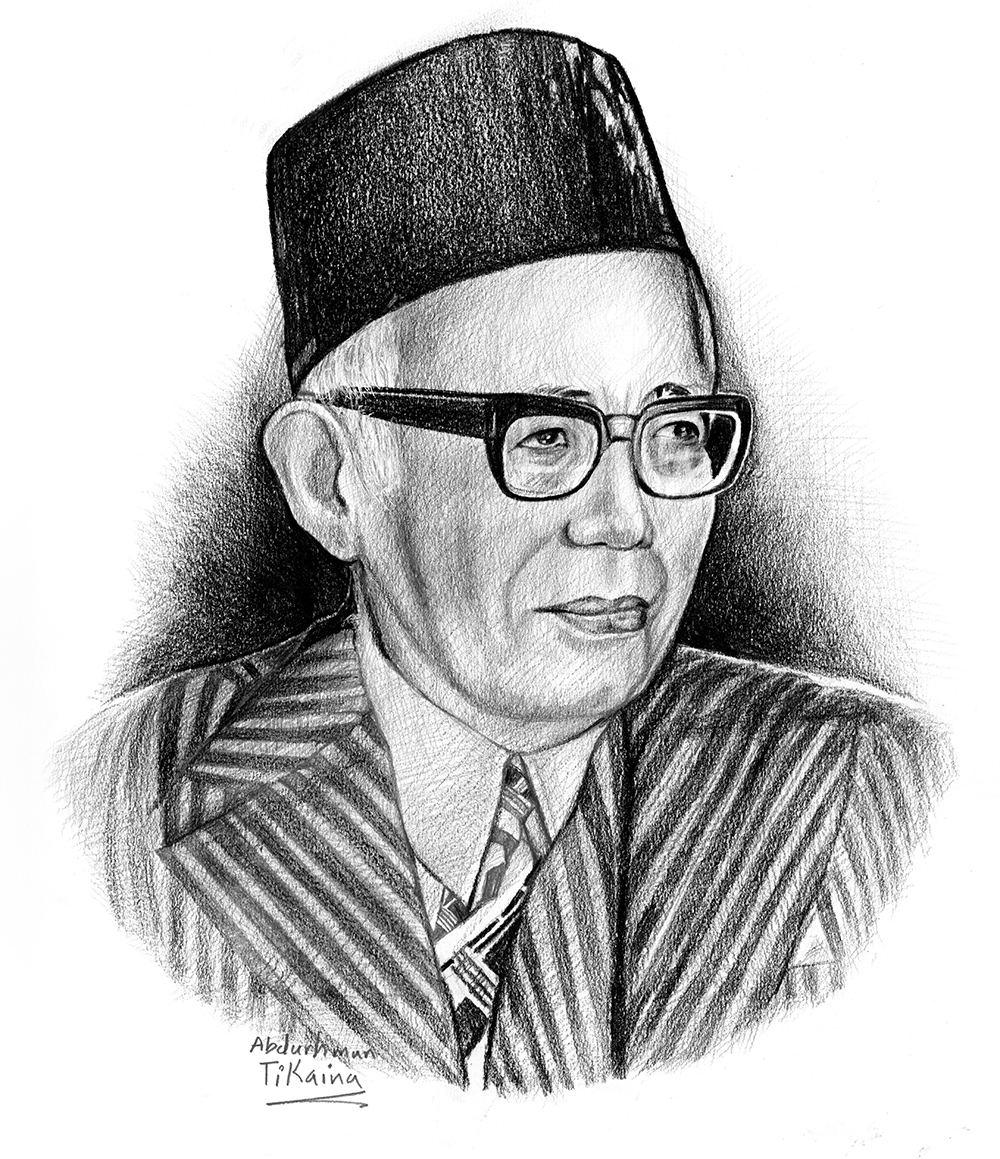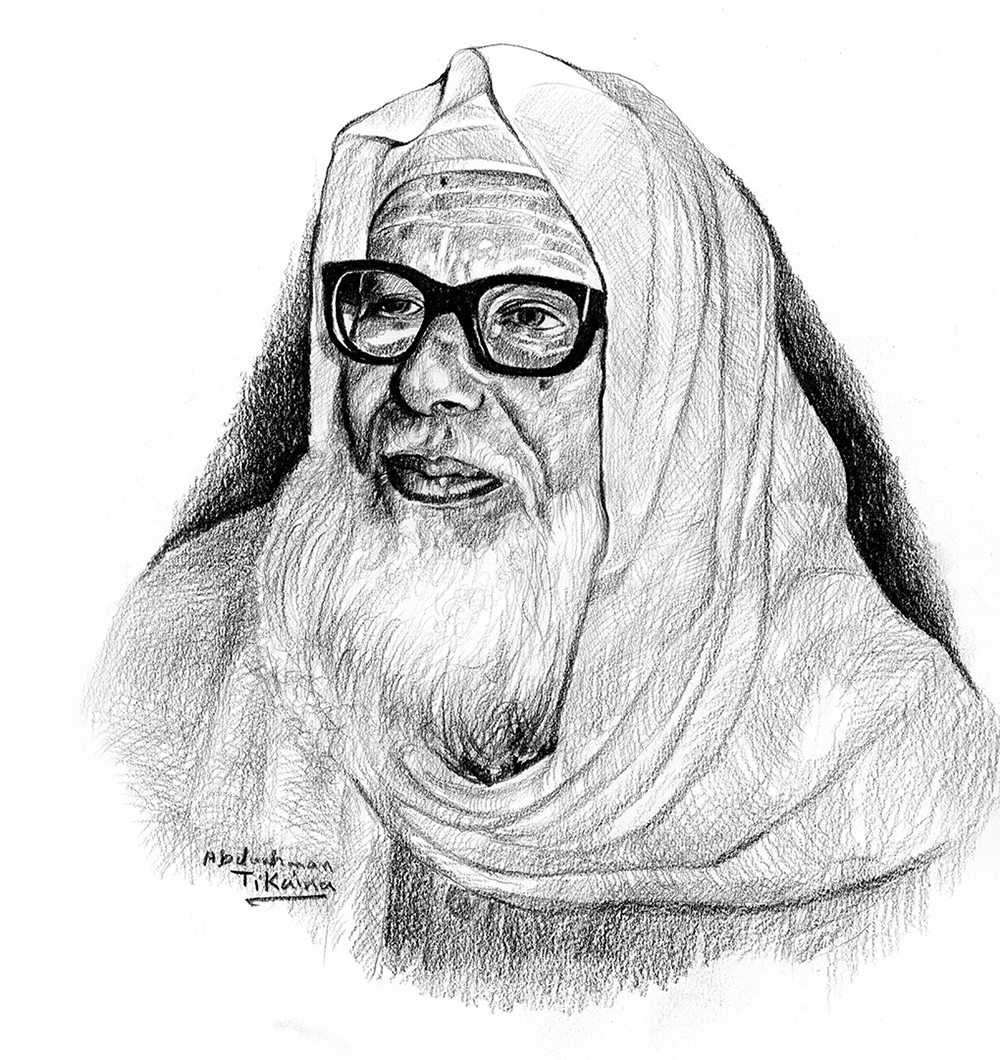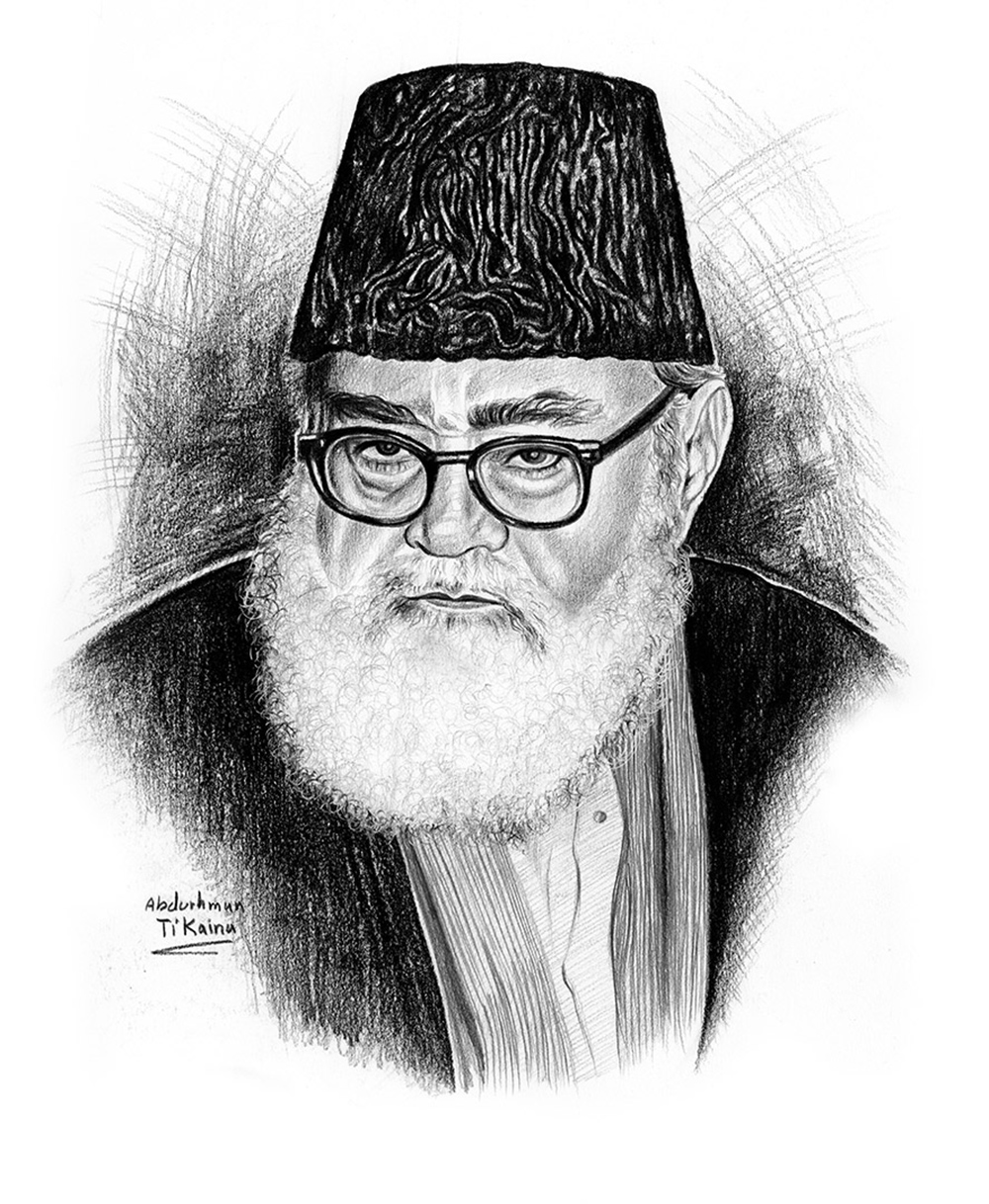Abd Rab Al-Rasul Sayyaf obtained a B.A. from the College of Theology in Kabul University in 1967, and an M.A. in Hadith from Al-Azhar University in Cairo in 1971.
Mr. Sayyaf emerged as a significant Muslim activist as early as 1963 when he founded the first Afghan Islamic movement. While serving as a professor of Hadith (Prophet Mohammad’s sayings) at Kabul University, he strove to unite Afghan Muslims around the principles of Islam through his copious lectures, publications, and preaching activities. He was tortured and jailed for six years because of his part in the resistance to the 1973 communist coup in Afghanistan and narrowly escaped execution. Following his discharge in 1980, he fled to Peshawar, Pakistan, where he was chosen as a non-partisan independent to help unify an alliance formed under the name of “The Islamic Union for the Liberation of Afghanistan.” Other leaders soon seceded the Union, while Sayyaf converted it into a party under his own leadership. Two years later, he joined with other factions in a courageous fight against the communists that resulted in their expulsion from his country. An eloquent speaker of Arabic, Sayyaf led delegations in the early 1980’s to Islamic Summits and Foreign Ministers’ Conferences in Taif, Islamabad and Niger, to garner support for his country and his party.
This biography was written in the year the prize was awarded.

